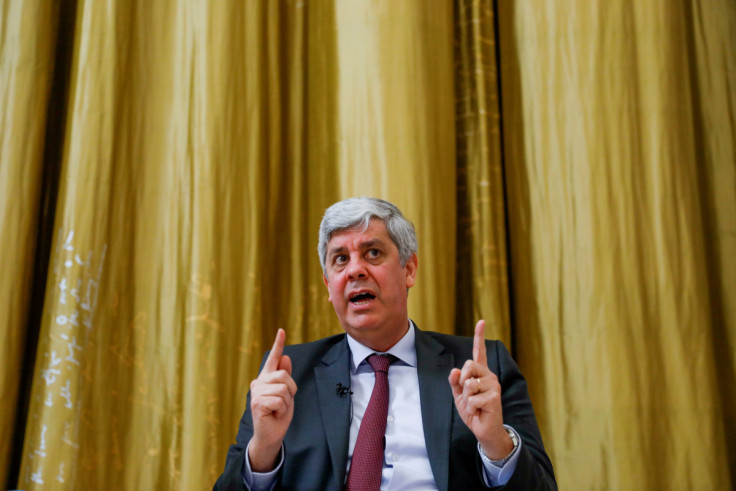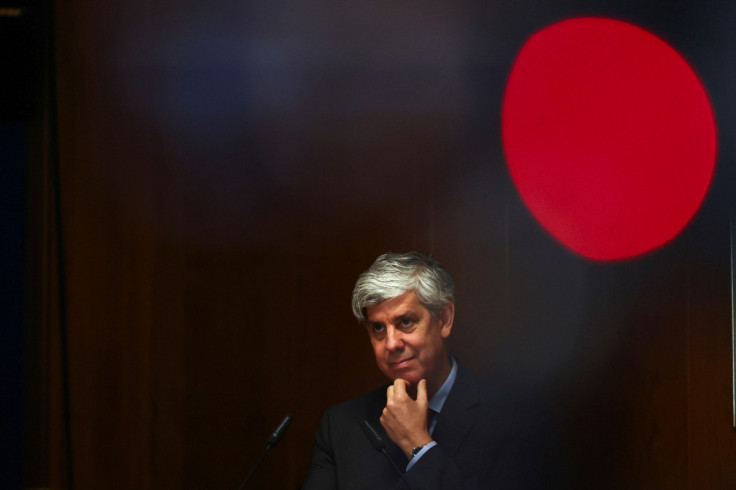Centeno wants ECB to send clear message of gentler rate hikes
The European Central Bank should slow the pace of interest rate hikes from December and send a clear message that 75-basis-point increases are not the norm, as inflation is likely to peak this quarter.

The European Central Bank should slow the pace of interest rate hikes from December and send a clear message that 75-basis-point increases are not the norm, as inflation is likely to peak this quarter, ECB policymaker Mario Centeno told Reuters.
The ECB has raised interest rates by a record 75 basis points at each of its last two meetings and has since July lifted its deposit rate by a combined 200 bps to 1.5% from historic lows.
"We are nearing rate levels that we consider compatible with price stability in the medium term, which means that the idea that 75-basis-point hikes are the norm cannot materialise," Centeno, who is Portugal's central bank governor, said.
"It's important to end this cycle of increases in a credible fashion, and more important than the (rate hike) number itself is to transmit this narrative to the public ...
"We are really efforting to transmit that predictability about the future and I expect the December meeting to be very clear on that," he said in an interview.
Centeno declined to predict whether interest rates would go up by 50 or 25 bps next month, or whether more hikes would be needed next year.
Inflation in the euro zone was 10.6% in October, more than five times the ECB's 2% target, but Centeno said data suggested inflation would peak this quarter. He cited World Bank estimates that prices for energy, minerals, food and fertilizers would decline next year.
In his view, high inflation is not entrenched in Europe and there are no second-round effects from wage increases, which have been well below inflation so far.
"This is frankly positive and very different from what happened in the United States, where the labour market from this point of view is rather overheated," Centeno said.
Other structural differences also justified interest rates in Europe at roughly half those in the United States, he added.
At 1.5%, the ECB's main interest rate is now close to a theoretical "neutral" rate that keeps inflation in check without undermining growth, Centeno said.
Asked about market estimates of a 3% "terminal", or maximum rate, he said it was more difficult to define than the neutral rate, but expected "the December meeting to be very constructive and useful for the most correct identification of this ceiling".
Centeno said reducing the ECB's balance sheet after years in which it bought trillions of euros of bonds would be a "slow, gradual" process, but that "there is no doubt that it has to be reduced" to help transmit anti-inflationary monetary policy.
Policymakers will discuss in December how to end reinvestment of cash maturing in the ECB's 3.3 trillion euro Asset Purchase Programme, Centeno said, adding that it must first ensure so doing would not jeopardize financial stability.

Copyright Thomson Reuters. All rights reserved.





